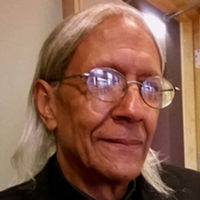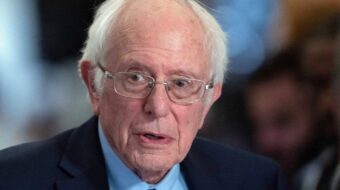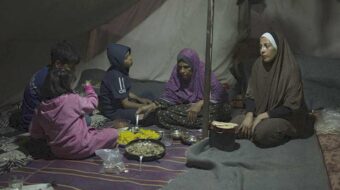
Hardly a day goes by without an infomercial, news announcement, documentary, etc., drawing public attention to the “obesity epidemic” that has spread across the country, particularly in children. The daily news is filled with images of grossly overweight citizens. But, is this all the fault of an overindulgent citizenry? Of course not!
Let’s first take a look at some of the studies and campaigns searching for an answer to this national dilemma. Some stress the fault lies with a decline in cigarette smoking; others opine about a lack of exercise and healthy eating. All of these well-intentioned studies, etc., are missing the main point.
What is missing in these studies and campaigns is the iron-clad link between poverty and obesity. The nation’s poorest states are the most obese states. For example, Mississippi has the country’s highest poverty rate and the largest number of overweight residents. Just about one-third of that state’s citizens are corpulent. Mississippi consistently ranks last in median household income and first of the 50 states in the poverty column.
Historically, the South (with its right to work laws, low level of labor unionization and history of Jim Crow) has led the nation in the twin dubious distinctions of poverty and obesity. Poverty and obesity are coupled together like the proverbial “horse and carriage.” Lower incomes breed higher rates of obesity because poor people consume a higher proportion of fatty food because it’s cheaper. Poverty fosters obesity, which breeds life-threatening ills, hence, a nation of poorer people, such as America is today, is a much bigger nation (no pun intended).
Alabama is number two in U.S. obesity and eighth in poverty; West Virginia is number three in corpulence and fifth in indigence; Louisiana is fourth in obesity and second in penury: Kentucky is fifth in bulk and ninth in poverty.
This brings the issue to the country’s sharpened politics of poverty, which was jumpstarted by the Republicans and continued, although on a lesser scale, by the Democrats. The tax cuts enacted by George W. Bush and his “Marie Antoinettesque” Republican Party of the wealthy went a long way toward further enriching the already “filthy rich” and further impoverishing the nation’s poor and working class. Nationally, 50 million Americans don’t know where their next meal is coming from. This is an abominable outrage and a national disgrace!
Considering the harmful impact of Republican policies on the income and waistlines of the South, in particular, it is ironic, indeed amazing, that the Southern states voted twice for George W. Bush for president. Bush’s tax cuts did much to cut the economic legs from under the poor, and the middle and working classes of the region.
Moreover, the Census Bureau reported that earnings dropped precipitously in 2005( this was pre-recession) for those working full-time jobs. Median income fell 1.8% for men and 1.3% for women. This capped almost 30 years of wage decline; 30 years of capitalism’s intensified class warfare against poor and working people.
To further illustrate this fact, in data collected by the Organization for Economic Opportunity and Development, composed of 31 comparable nations, the United States has a higher income inequality index than 27 other countries, with only Chile, Mexico and Turkey (all developing nations) having a larger income gap between rich and poor.
For instance, it has been reported in The New York Times that the 400 wealthiest Americans have a greater combined net worth than the bottom 150 million Americans (the total U.S. population is about 300 million) and the top 1 percent of Americans posses more wealth than the entire bottom 90 percent.
The rich are getting rich and the poorer are getting poorer. This is capitalism at its best, further impoverishing the masses.
In the meantime, it is well understood that voices will be raised in the campaigns against the specter of obesity relentlessly stalking the nation, but unless the obesity question is connected to poverty, jobs and income inequality it is just so much political theater and fantasy talk.
Further, it is to a certain extent, insulting and condescending, all the banter, about teaching families to eat healthy, as just about everyone knows what constitutes healthy eating. The problems are lack of jobs, money, affordable healthy food and the high prices of healthy, nutritious food.
Photo via Moon Stars and Paper blog. CC












Comments